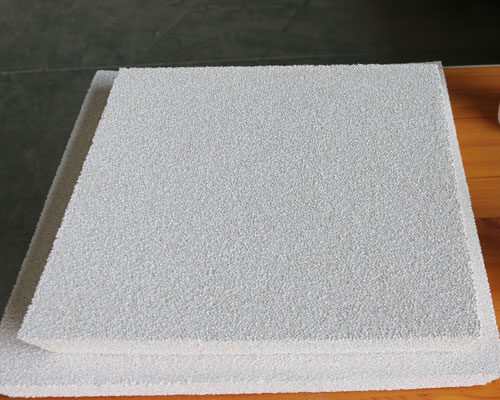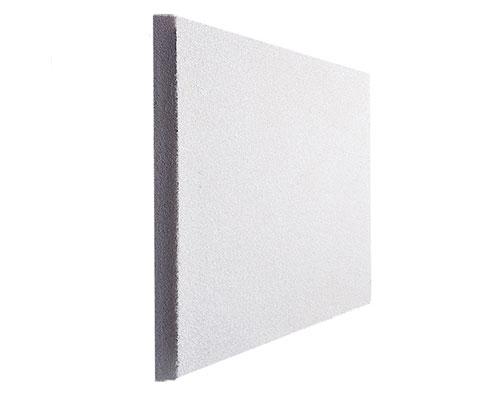Aluminium Liquid Filtration is the most effective and reliable method to remove non-metallic inclusions in aluminum melt. There are many kinds of filtration. The simplest one is glass fiber cloth filtration. The best Aluminium Liquid Filtration effect is filter tube and foam ceramic filter plate.
The main advantage of the ceramic foam filter system is that the slag inclusion generated in the process of injection outside the furnace can be effectively eliminated through the filter plate to remove the micron size small inclusions in the liquid aluminum which can not be done by the conventional process. At the same time, due to the small inclusions filtered out by the filter plate, the effective number of crystal nuclei in the liquid aluminum is reduced, so that the aluminum liquid nucleates and grows under a large undercooling condition, and the solidification time is shortened, The organization was refined. Reduce the hydrogen content in liquid aluminum. Hydrogen atoms can be adsorbed on some oxidation inclusions, and the oxidation inclusions can become the core of bubble growth, so the gas on the inclusions can be removed at the same time; the harmful elements (sodium and potassium) in liquid aluminum can be removed by adsorption. Therefore, according to different customer requirements or site environmental conditions, the selection of suitable filter plate to ensure product quality can effectively control slag inclusion.

The basic requirements for foam ceramic filter are:
- It has enough room temperature and high temperature strength to prevent damage and slag dropping during transportation, installation and use.
- It has high chemical stability, does not react with aluminum melt in the working temperature range, and does not cause harm to liquid aluminum and environment.
- It has enough through-hole rate and liquid aluminum permeability to ensure the smooth filtration in production.
- Therefore, the filter plate should have a small coefficient of thermal expansion without cracking when heated.
- It is non hygroscopic, has low density and specific heat capacity, and does not need to be preheated before use.

